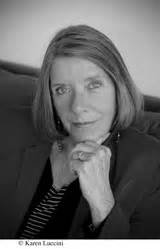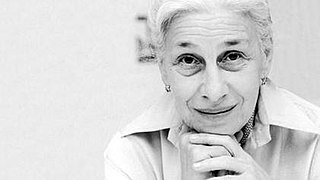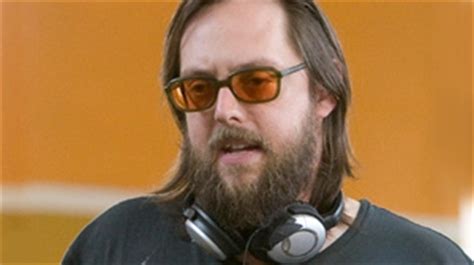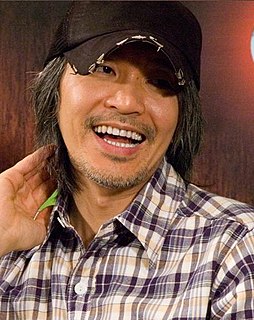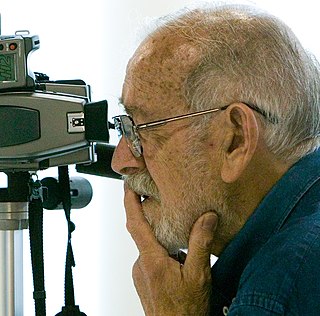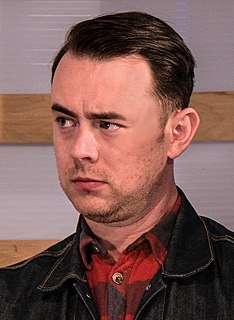A Quote by Keanu Reeves
I'm not a photographer, so I didn't get into F-stops or ND filters or background, foreground, cross-light, all that stuff. But I was interested in the camera and the lenses. That's the world that I'm moving in, in terms of acting and giving a performance.
Related Quotes
When I was an actor in some movies a long time ago, I was so curious about all the camera movements - why is the camera placed here, and why does it move like this? And why the set and the background, the color? It's a lot of questions for me to ask, because I was so interested, not only in acting, but also the whole process of filmmaking.
I'm giving up acting. . . . I'm 66 and there are a number of celebrations I've got to get down on paper, and acting doesn't allow me to do that. It was a hell of a drug, performance. It's a great thrill, especially for a storyteller. But it can go. Directing can go. Writing can't go. And in terms of what lies ahead, I want to have a burning focus - almost like smoke coming up from the paper as I write.
Leica are known for their still camera lenses and in the last year and a half have come out with a series of film lenses and they are brilliant. The best thing about them, apart from their quality, which is uniform, is that each one is the same size, pretty much the same weight... So in terms of fitting into the rig, everything is almost purpose built for that and the quality is beautiful, really beautiful.


